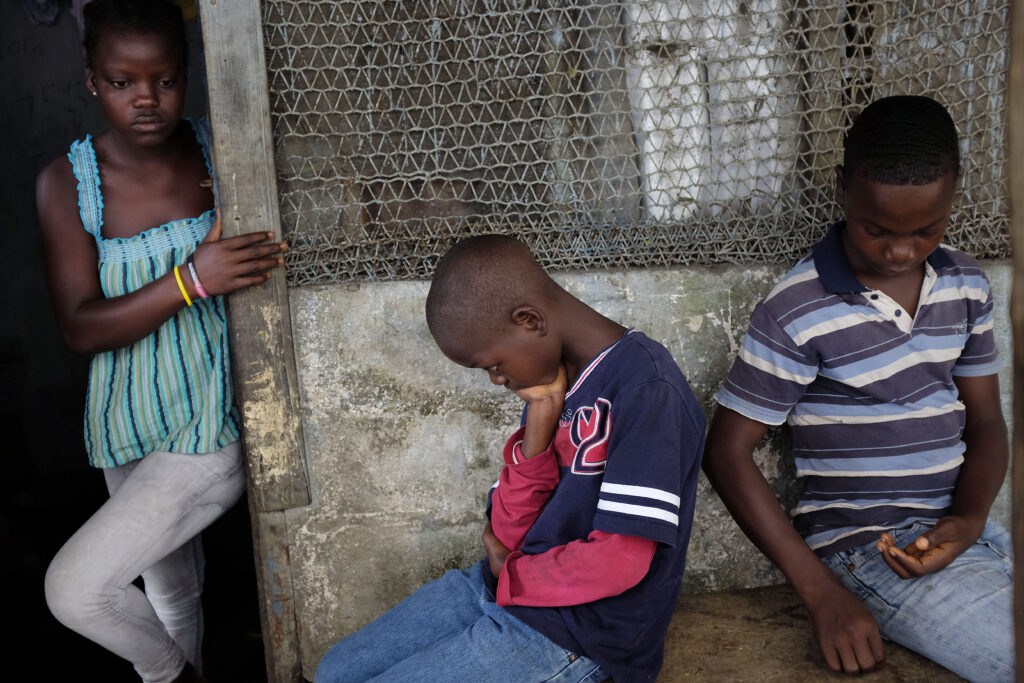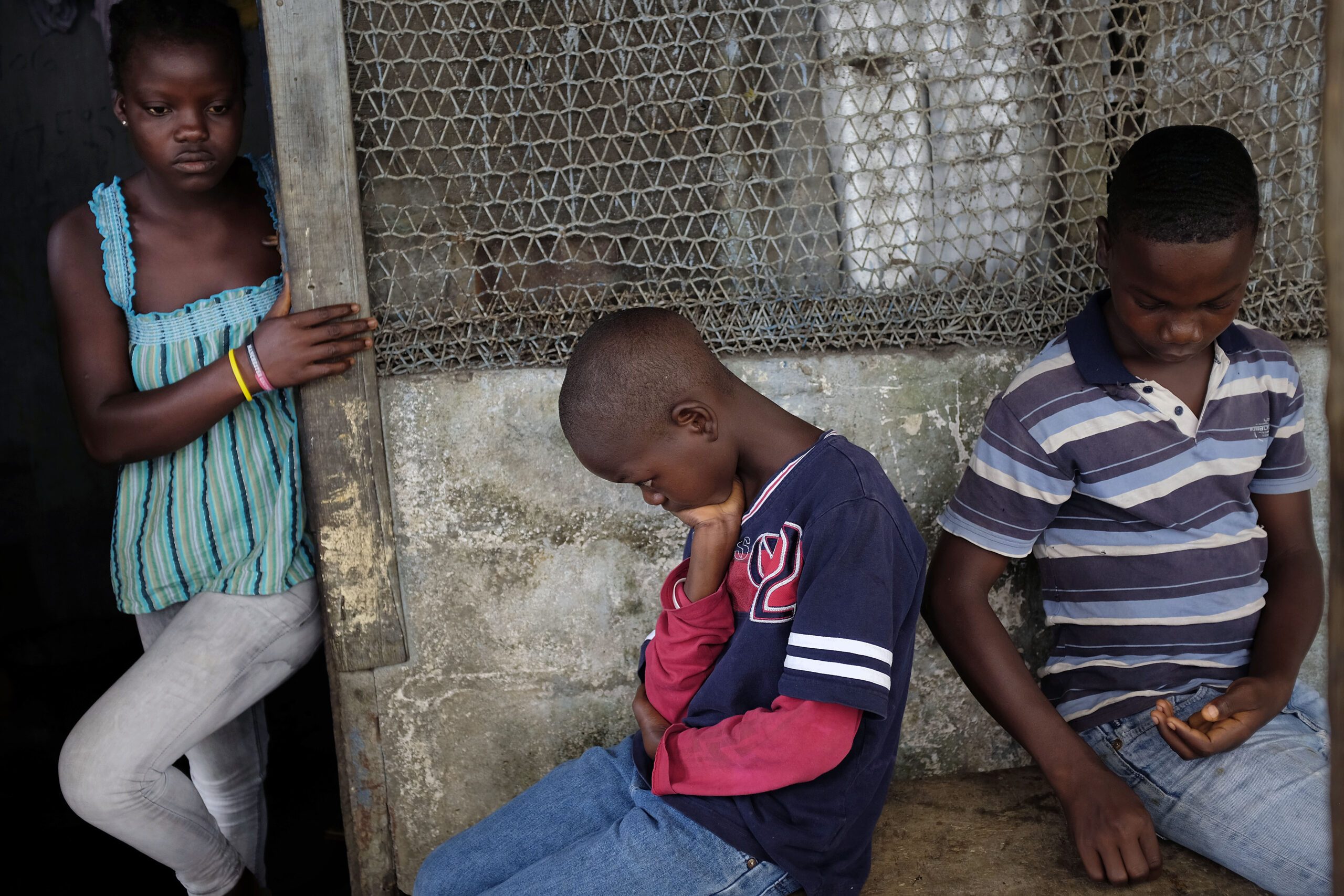MONROVIA, Liberia – While many American teens are making TikToks or riding bikes, 16-year-old Sonney Sonpon stands in the middle of a busy street in Monrovia, Liberia, in West Africa, selling soft drinks and energy drinks.
Traffic speeds by on Tubman Boulevard, a major road connecting the central part of Monrovia – the capital – to the suburban city of Paynesville. Sonpon told NABJ Black News & Views that he must sell on the streets in order to afford school.
“Let me make it clear to you: I am here selling because I want to help raise money for my tuition,” Sonpon said. “My parents cannot afford it so I have to do this to help myself.”

Sonpon is part of a growing crisis in Liberia that has seen more than 366,000 children roaming the streets of the country, peddling under life-threatening conditions, selling goods and sometimes even their own bodies. In some cases, the young people are lured to the cities and forced to become sex workers.
Liberia’s Ministry of Gender, Children & Social Protection released the numbers in June. The government agency, among other things, implements the Universal Declaration of Human Rights, the milestone document adopted by the United Nations General Assembly that calls for global human rights.
Liberia’s street children are living under dehumanizing conditions, Maminah Gorlon Carr-Gay, assistant gender minister for children and social protection, said while reading the report in Monrovia during the observance of World Day Against Child Labor.
Sometimes, destitute and desperate rural parents will send their children to Monrovia with businessmen who promise education and opportunity. Unfortunately once in the city, the children are exploited for their labor. Even if they are able to escape, they remain in the city, where they resort to prostitution and street peddling to survive.
Montserrado County, the largest county in Liberia and home to the capital, has the highest number of street children in the country, totalling almost 154,000, Carr-Gay said.
Poverty and limited access to primary education are key reasons why Liberian children are taking to the streets, Carr-Gay told the gathering.
The street children are also the sad result of Liberia’s protracted civil war from 1989 to 2003, which displaced 850,000 children and destroyed schools, and the lasting effects of the Ebola virus, which hit Liberia hard almost a decade ago.
“We hired local and international consultants to work with the child protection network to carry on a study that will give us a better picture of what the situation of children living on the street is,” Carr-Gay said.
Outside, meanwhile, children peddle in alleys and along sidewalks to earn enough to eat. A 12-year-old who would identify himself to BNV only as “Peterson” recently sold cold water on Johnson Street in Monrovia.
“This is where I usually come to sell,” Peterson said. “I am [selling] from the morning ‘til 7 p.m. My parents do have to feed us. So in the morning, I can come here to sell cold water and later on send the money home for our parents to find food for us.”
The situation is desperate, said James Wilson, a Paynesville resident.
“While their mates are in school, many of those children … have to race between and amongst speeding vehicles just to find money,” Wilson said. “Many of them are breadwinners, which is sad for them.”
Wilson wants the government to put real measures into place to deal with the children selling in the streets.
“Something must be done quickly to arrest the situation to save the future of this country,” he said.
What makes the situation even sadder is that even with all of the street children’s efforts to earn a living, they do not earn enough to meet their daily needs, according to Carr-Gay.
Children’s advocates in Liberia say the government is forcing them to resort to begging to attract attention and help for the situation.
“We are calling on the government, through the executive headed by His Excellency, Dr. George Manneh Weah, president of the Republic of Liberia, to kindly include us in the … national budget,” Joel U.K. Gray, speaker of Liberia’s National Children Representative Forum, pleaded last year.
Carr-Gay told reporters at the June gathering that the government is working with partners to end child labor.
According To UNICEF, Liberian children are highly susceptible to violence, trafficking and sexual exploitation, and at risk for drug addiction, physical trauma, and trouble with the law.








